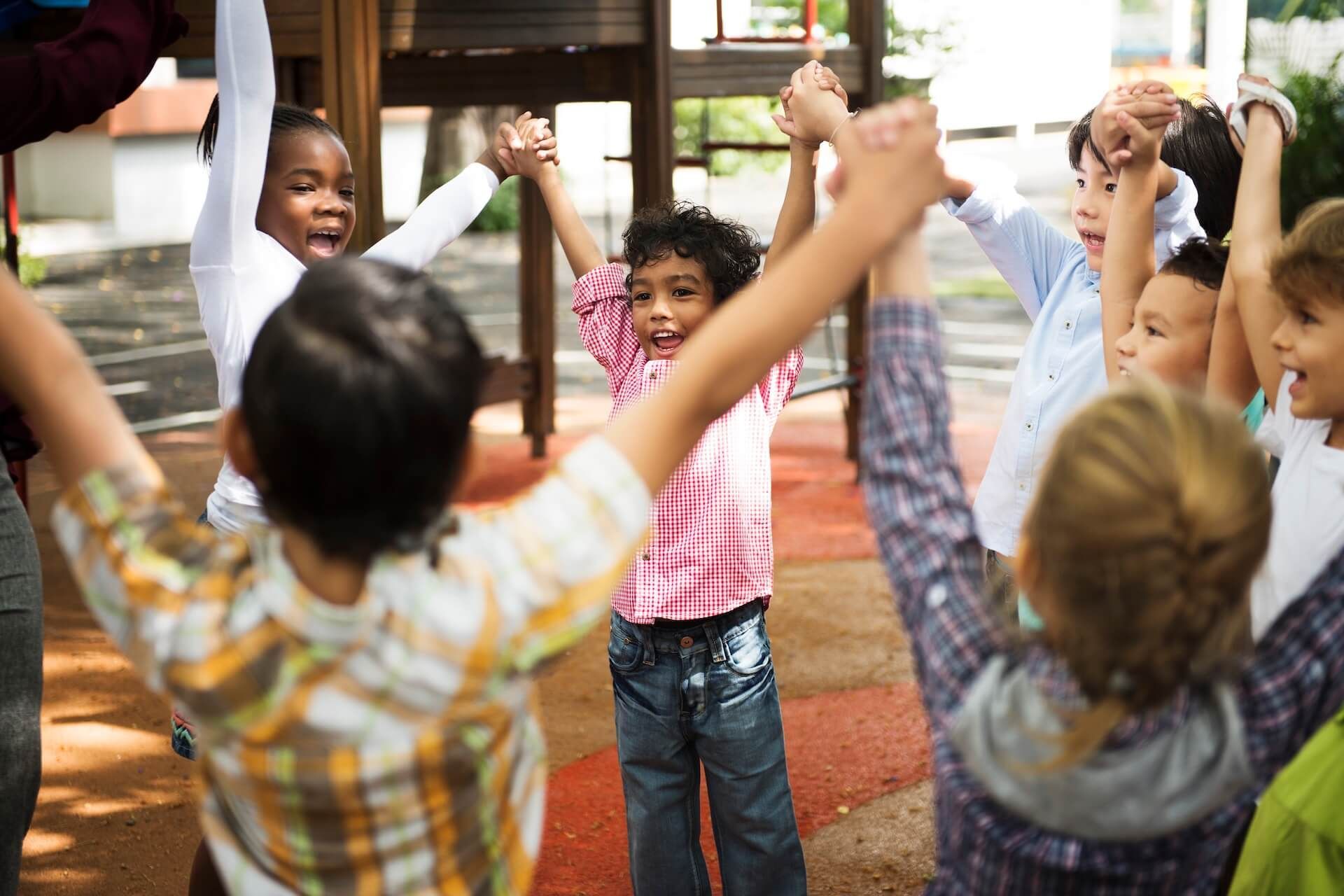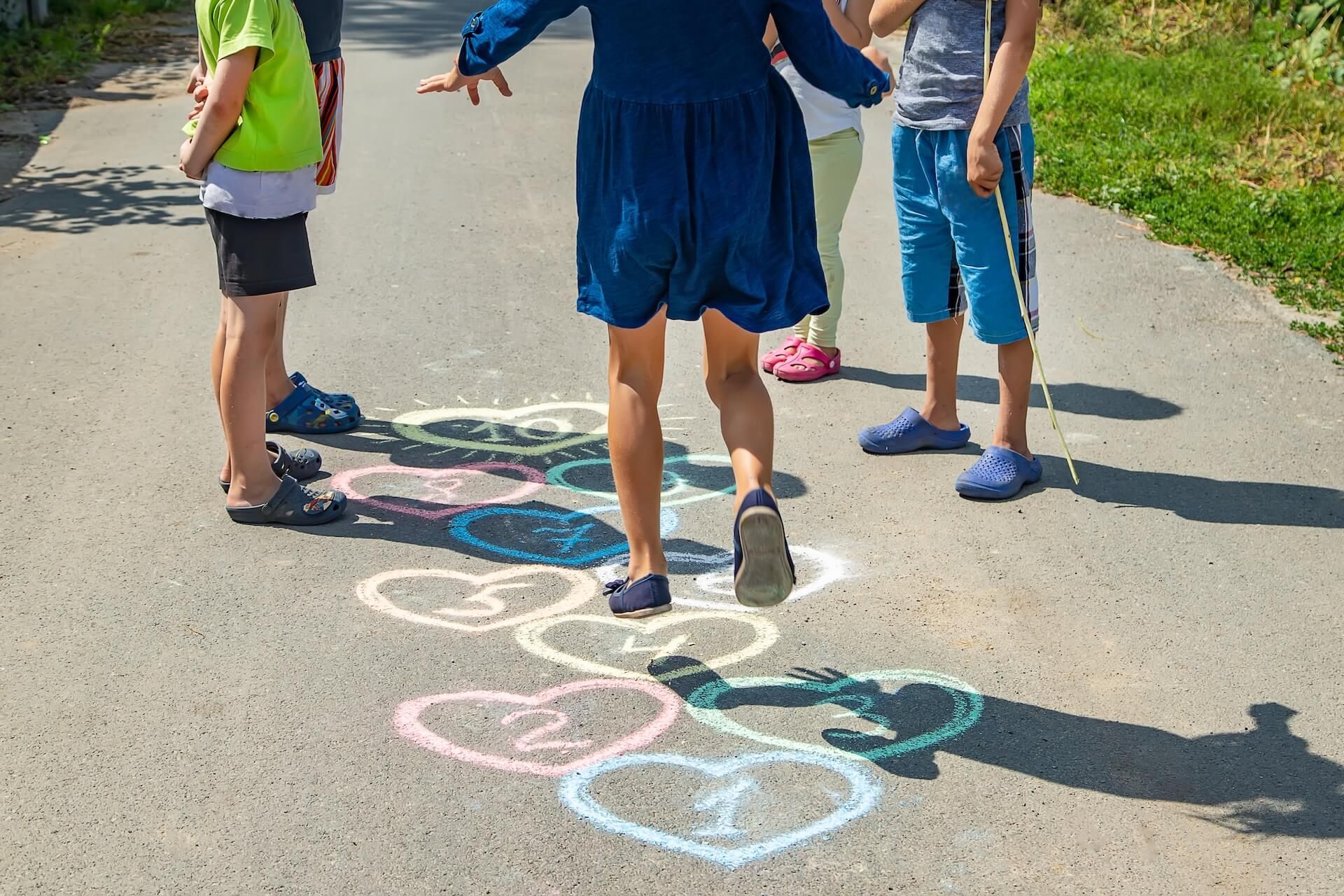How a Quality Recess Experience Is Key to Better Classroom Behaviour and Happier Students
Recess during the school day had a different meaning for children four to five decades ago. This coveted break allowed kids to play outdoors together, typically for 20 minutes in the morning and 20 minutes in the afternoon. Although teachers kept an eye on children, they would seldom interfere with their activities.
Recess was a time for all students to escape academic tasks and recharge their minds and bodies. However, as the years have passed, the concept of recess has slowly changed. Many schools have cut recess time to make room for more instructional minutes, often to the detriment of students' well-being.
In today’s academic environment, where high-stakes testing and rigorous curricula dominate the school day, recess is often perceived as a luxury rather than a necessity. Yet, research consistently highlights that quality recess is crucial in improving classroom behaviour, fostering social development, and enhancing cognitive performance. During recess, children engage in free play, develop social competencies, and regulate their emotions—skills directly linked to their success in the classroom.
Why Recess Is Essential for Classroom Behaviour
Psychologists suggest that children release excess energy or "blow off steam" after prolonged periods of seated academic work. Without opportunities to move and interact freely, children experience
mental fatigue and restlessness, which reduces their attention span and increases disruptive behaviour. Recess offers a critical opportunity for children to refresh their minds and bodies, allowing them to return to class ready to focus and engage.
1. Energy Regulation and Emotional Balance
Physical activity during recess helps regulate energy levels and contributes to emotional balance. When children have a chance to move, play, and socialize, they release built-up tension and stress. This emotional reset allows them to approach classroom tasks with a more positive and focused mindset. Studies show that children who engage in physical activity during recess are less likely to exhibit disruptive behaviours such as fidgeting, talking out of turn, and disengaging from lessons.
2. Enhanced Social Skills and Peer Relationships
Recess is one of the few times during the school day when children can practice and refine their social skills. Through free play and interactive games, children learn to use language and nonverbal communication, negotiate roles, resolve conflicts, and cooperate with peers. These experiences improve classroom dynamics, as students who develop positive peer relationships are less likely to engage in behaviours that disrupt learning.
3. Stress Reduction and Improved Mood
Physical activity triggers the release of endorphins, which reduce stress and improve mood. Recess provides a vital emotional reset, allowing children to decompress and return to class ready to engage. This stress relief enhances their ability to focus and promotes better emotional regulation, leading to fewer behavioural issues in the classroom.
4. Development of Self-Regulation and Executive Functioning
Play during recess enhances executive functioning skills, including impulse control, decision-making, and emotional regulation. These skills help children manage their behaviour and adapt to the structured demands of the classroom. Engaging in structured and unstructured play during recess allows children to practice these critical skills in a low-stakes environment.
Recess and Its Social Implications
Recess plays a pivotal role in children's social development. It is a time when children interact with peers in unstructured settings, learning to navigate complex social dynamics. As they engage in imaginative play, games, and group activities, they practice vital skills such as sharing, cooperation, and conflict resolution.
The Playground as a Social Laboratory
The playground becomes a “social laboratory” where children actively confront, interact, and learn from meaningful social experiences. Interactive games teach children to cooperate, solve problems, and take turns, helping them develop empathy and perspective-taking skills. These social competencies, acquired during recess, are essential for success in both academic and social settings.
Changing Attitudes Toward Recess
Unfortunately, changing attitudes toward recess have marginalized this critical aspect of child development. Decades ago, children had ample opportunities to play freely after school, which supplemented their development. However, today’s children often experience restricted play opportunities due to increased screen time, solitary indoor activities, and fewer safe outdoor play spaces. As a result, school recess has become the only guaranteed time for free play and social interaction—a vital outlet that many children no longer experience outside of school.
How Quality Recess Improves Academic Success
Recess is not just about physical activity—it directly contributes to academic success by enhancing cognitive function and promoting a positive attitude toward learning. Schools that alternate periods of academic instruction with frequent play breaks help students maintain attention, improve memory retention, and increase classroom engagement.
Improved Focus and On-Task Behaviour
Research demonstrates that students who experience regular recess breaks
return to class more attentive and ready to learn. A brief period of physical activity recharges their cognitive resources, allowing them to focus more effectively on academic tasks.
Increased Cognitive Flexibility
Recess stimulates
cognitive flexibility, which is essential for problem-solving and creative thinking. Unstructured play encourages children to explore new ideas, experiment with different roles, and develop adaptive strategies—all of which enhance their cognitive abilities.
Positive Attitudes Toward Learning
Children who associate school with enjoyable experiences like recess develop a
positive attitude toward learning. This positive association fosters a love for learning and encourages them to stay engaged in academic pursuits.
Strategies for Advocating Recess in Schools
Despite overwhelming evidence supporting the importance of recess, many schools in Canada continue to shorten or eliminate recess periods due to academic pressures. Advocating for quality recess requires a data-driven, collaborative approach that effectively highlights the benefits and addresses concerns.
Educate School Administrators and Faculty

Provide school leaders with evidence-based research on the benefits of a quality recess experience. Highlight studies demonstrating recess's positive impact on classroom behaviour, academic performance, and student well-being. Engage faculty in discussions about how recess improves the learning environment and encourages positive social interactions.
Engage Parents as Allies

Parents play a crucial role in advocating for recess. Educate parents about the benefits of recess and encourage them to voice their support to school administrators. Hold parent meetings to discuss the importance of recess and empower parents to become advocates for their children’s right to play.
Promote Policy Changes

Collaborate with school boards and policymakers to implement policies that protect recess time. While there's no national mandate for a specific minimum recess time for elementary schools in Canada, the Public Health Agency of Canada and the Canadian 24-Hour Movement Guidelines recommend at least 60 minutes of daily physical activity for children, with recess being a key component in achieving this goal. Advocate for at least 20–30 minutes of daily recess and ensure that recess is not withheld as punishment.
Encourage Student Leadership and Involvement

Empower students to become advocates for recess by encouraging them to share their perspectives on the value of play. Encourage them to write letters, create posters, and participate in discussions about the importance of recess in their school lives.
Write Letters and Publish Opinion Pieces

Share ideas about the value of recess in school newsletters, local newspapers, and online platforms. Writing letters to the editor or opinion pieces can bring awareness of recess's importance and build community support.
Tips for Offering a High-Quality Recess Experience
To maximize the benefits, it is essential to create an
inclusive and engaging play
environment during recess that encourages positive social interaction and physical activity.
Provide a Variety of Activities

Offer a range of structured and unstructured activities that cater to different interests and abilities. Rotate equipment and introduce new games periodically to maintain interest and encourage diverse forms of play.
Train Recess Supervisors
 Learn more →
Learn more →Well-trained supervisors can facilitate positive play experiences and help resolve conflicts effectively. Provide professional development on conflict resolution, inclusive play, and behaviour management to ensure supervisors create a safe and supportive environment where all children feel included and engaged.
Schools looking to take this a step further should consider empowering students as leaders on the playground. The Champions for Life Foundation’s RECESS Champions Program equips children in grades 4, 5, and 6 to become meaningful movement ambassadors within their schools. These student leaders help promote positive play and develop valuable leadership skills while encouraging their peers to stay active and engaged.
Encourage Social-Emotional Learning (SEL)

Use recess to reinforce SEL principles such as empathy, communication, and emotional regulation. Structured activities that promote teamwork and cooperation help strengthen these skills.
Establish Clear and Positive Playground Rules

Develop clear rules and expectations that promote safe and respectful behaviour. Involve students in creating these rules to encourage ownership and accountability.
Final Thoughts: Recess Is the Key to Better Classroom Behaviour and Happier Students
Recess is more than just a break from academics—it’s a vital part of a child’s social, emotional, and cognitive development. When schools offer a quality recess experience that fosters inclusivity, structure, and positive play, students return to the classroom more focused, emotionally balanced, and ready to learn.
These moments of play support better behaviour, stronger peer relationships, and the development of essential life skills like teamwork and problem-solving. As awareness of recess’s benefits continues to grow, so does the opportunity to create school environments where every child can thrive academically, socially, and emotionally.
Ready to make recess the best part of the school day?
Transform Your School's Recess Experience with RECESS Champions
Imagine a playground where students not only play but lead—organizing inclusive games, promoting fair play, and building leadership skills that will benefit them for a lifetime.
With
RECESS Champions, your students will explore diverse leadership styles and gain hands-on experience guiding their peers through active, engaging, and meaningful play.
Click the button below to learn more!





